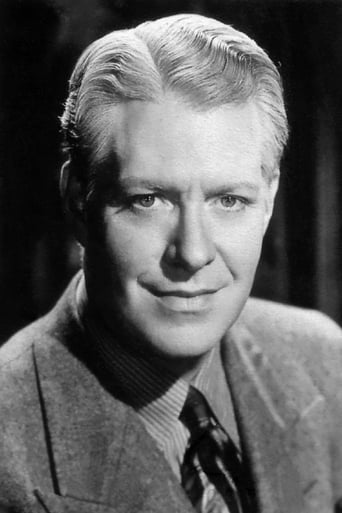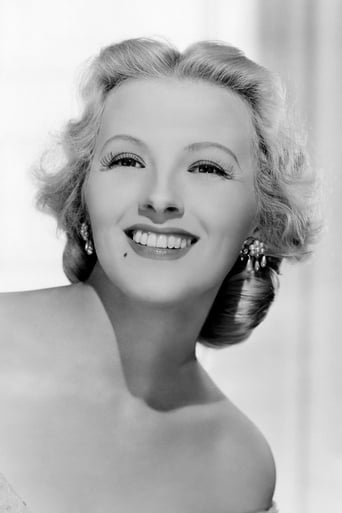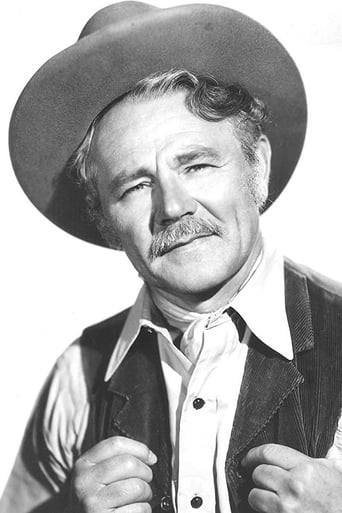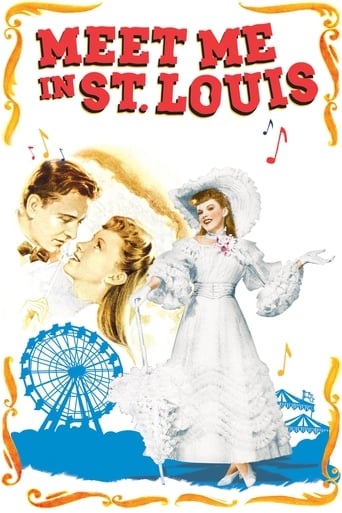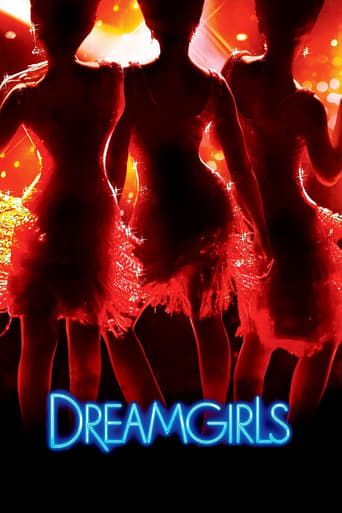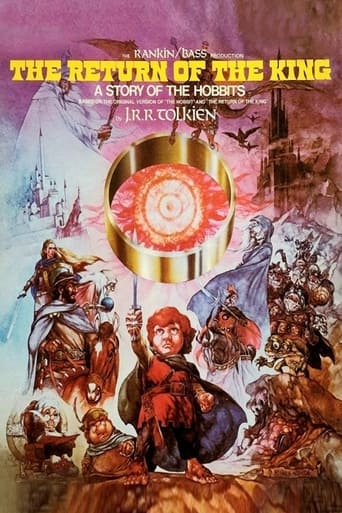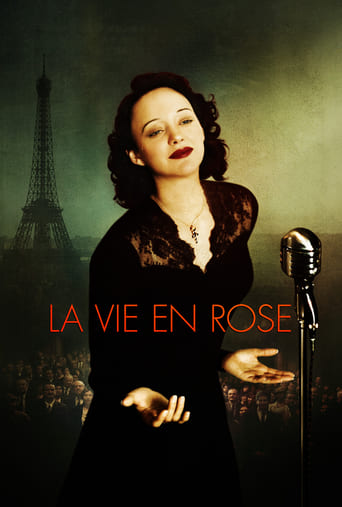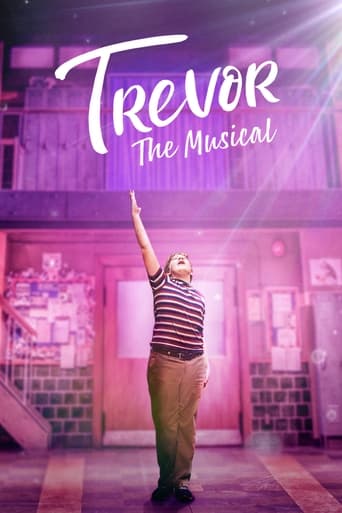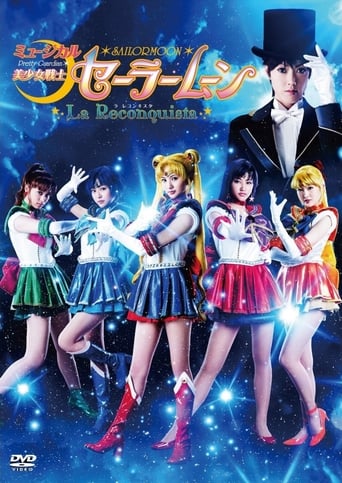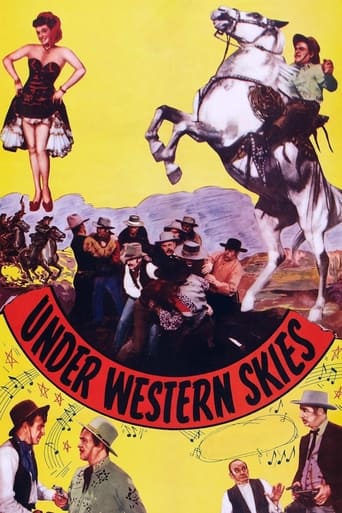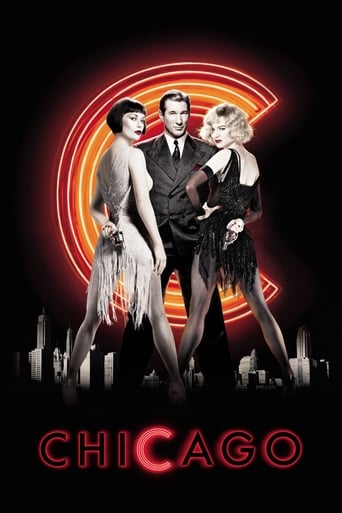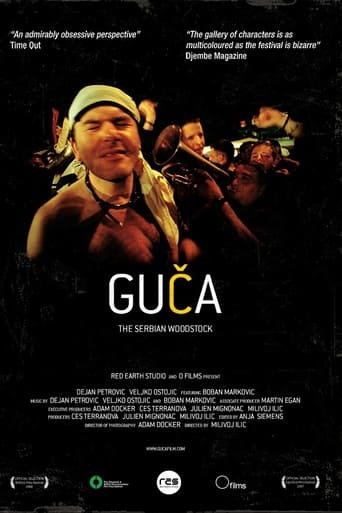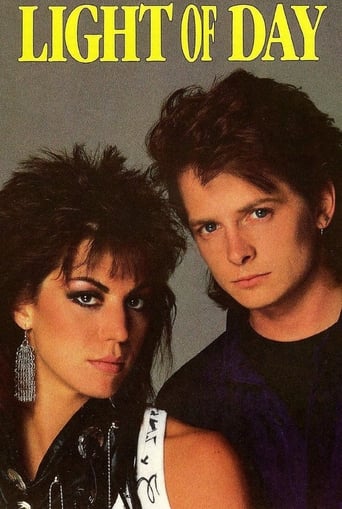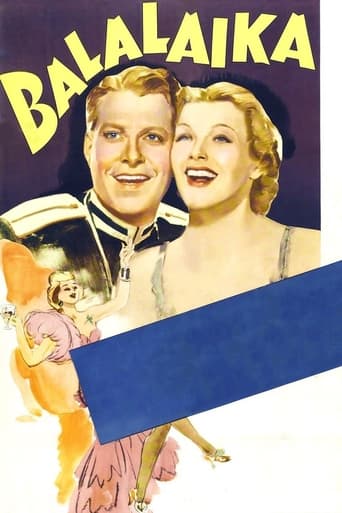
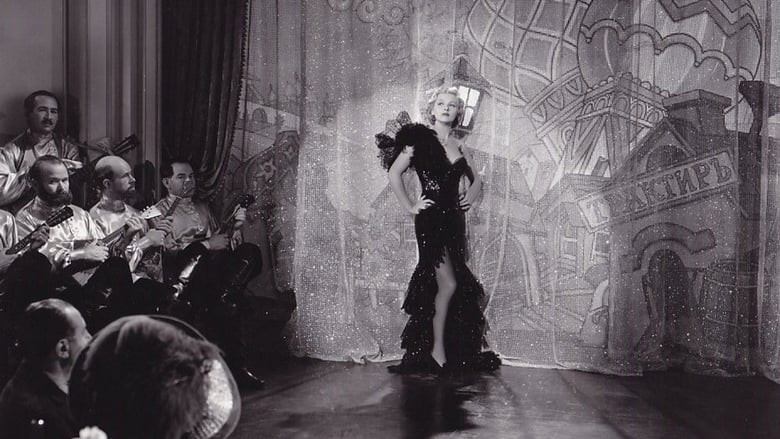
Balalaika (1939)
A Russian prince disguised as a worker and a cafe singer secretly involved in revolutionary activities fall in love.
Watch Trailer
Cast


Similar titles
Reviews
"Balalaika" is strictly for fans of Hollywood's Golden Age. If you are one, it's got a great cast of character actors you will recognize pretty quickly and you will appreciate the singing of Nelson Eddy and Ilona Massey. If you appreciate good acting, Eddy is passable and Massey, not so. He is his usual limited self but she comes across as cold and humorless, which is the polar opposite of Jeanette MacDonald.The storyline is thin and unconvincing, sort of like "The Student Prince"; he is royalty, she is not, so he passes himself off as a peasant to win her hand. An interesting aspect of the picture is that it treats the aftermath of the Russian Revolution and the dissolution of the upper class. Here, many of Russian royalty end up in Paris after WWI in menial jobs, much to their sadness and chagrin. Can't recall the subject having been broached on film before.In short, the plot is forgettable, the cast is interesting and the music carries the day. Not for younger audiences but for those of us who appreciate Hollywood's past.
I found this film enjoyable for a number of reasons. First, the black and white cinematography, which contributes to the moods of the scenes. A romanticized version of Soviet Russia is presented and the lighting, scenery and music all play their parts in this portrayal.The film was released in 1939 (the golden year of cinema) and at that time, the U.S. was debating its role in the world conflict that was developing. There was a general ignorance of the Stalin atrocities and an ambivalence about Russia as ally or enemy. Portraying Russia as a victim of WWI was not unrealistic and contributed to the sympathetic depiction of the nation and its peoples.As other writers have written, Nelson Eddy acts rather stiffly. But I found his singing very enjoyable. The object of his affections, played by Ilona Massey, is rather charming and talented. THe other players were amusing and talented. The Wizard of Oz was released the same year. If anyone happened to see Balalaika and TWOZ back to back, they must have done a double take when they saw Frank Morgan in his mustache and his busby playing nearly identical roles. In Balalaika, the applicable scene is near the end of the film. In TWOZ, he played the guard to the city of Oz (among other roles). In a few (long) years--after WWII--America's view of Soviet Russia would change dramatically. Here is a view of Russia before the American public came to see Russians as enemies.
MGM gave NELSON EDDY a chance to co-star with someone other than JEANETTE MacDONALD, but they gave him a lumbering musical about a Russian prince who disguises himself as a commoner in order to woo a princess. It's the kind of story done countless times before and the only distinction here is the music.Nelson sings some rousing Russian numbers and is joined in song by the beautiful ILONA MASSEY, who looks like a younger, blonder edition of Marlene Dietrich, sunken cheekbones and all. Given the complete glamor treatment with glossy MGM close-ups complimenting her vivacious good looks, Massey has what seems a contralto singing voice and not quite the soprano the songs want her to be. Neverthelss, she makes a striking picture opposite the robust baritone who is in excellent voice here.As usual, there are comedy moments to lighten the rather dark story set against the Russian revolution, and these are handled rather indifferently by Frank Morgan, Charlie Ruggles and George Tobias. Sharp-eyed movie fans can catch a glimpse of actor Phillip Terry who is kept mostly in the background during the cabaret sequences.Overall, it's a cumbersome story, with a predictable outcome, that takes too many long stretches between songs to tell a rather tedious story of lovers separated by their politics.
I am generally a soft touch for movies that have fictional characters in a well-known historical setting, and this one is no exception. Based on a 1936 underrated musical that opened in London, and set on the eve of both World War I and the Russian revolution, it involves a Russian Prince, Nelson Eddy, and a singer and revolutionary, Ilona Massey, who deceive each other as to who they really are, and fall in love. But even after they discover their true identities, they remain in love until separated by the war and then the revolution.The sets and costumes are first-rate and director Reinhold Schunzel keeps the film moving at a nice pace and handles the crowd scenes extremely well. Mild comedy is provided by Charlie Ruggles and Frank Morgan. Although I'm not much of a fan of Nelson Eddy - he's somewhat bland in his acting - he does have a good voice, so I did enjoy lots of his singing. The stirring "Ride, Cossack, Ride" while the Cossacks are on horseback riding towards the camera, which keeps moving back to avoid a collision, is beautifully photographed. His rendition of "Silent Night" in German, while in the trenches during WW I, answering the Austrian enemy soldiers singing of that song, was a wonderful tender sequence. Eddy also sings the Toreador song from Bizet's "Carmen" which will surely will be liked by opera fans.But I loved best the last 15 minutes or so, when the Russian emigrés who have gathered in Paris after the war, meet at the Paris version of the Balalaika Cafe to celebrate the Russian New Year. Instead of the joy you would expect on such an occasion, you see the sadness in everyone's eyes at having had to leave their homeland. Frank Morgan sings about his "Land of Dreams," and it moved me to tears.


